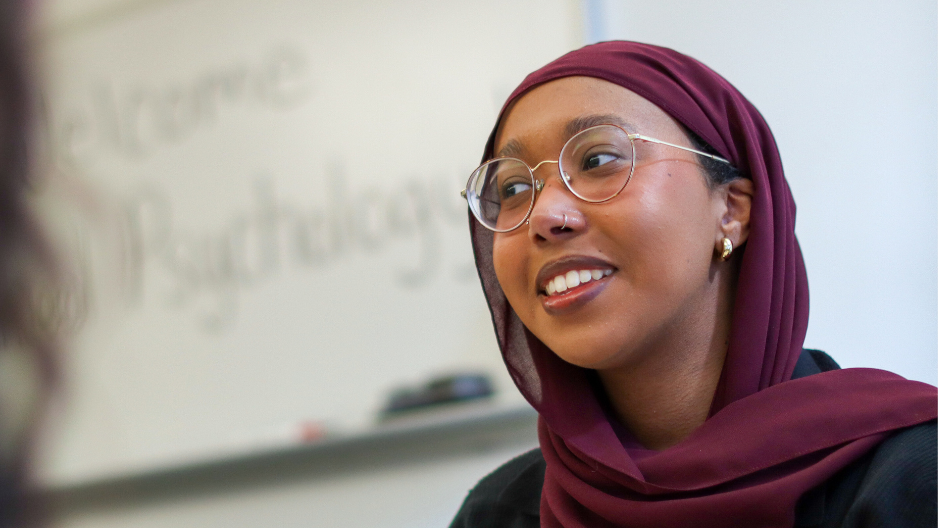The Psychoeducational Clinic at Temple University’s College of Education and Human Development provides comprehensive, affordable evaluations for children, adolescents and young adults experiencing learning, behavioral, social-emotional or adaptive challenges. Beyond serving families, the clinic plays an important role in preparing future school psychologists. Student clinicians are second-year school psychology students and gain hands-on experience with real clinical cases under the supervision of faculty and licensed psychologists. As of now, student supervisors are current third- and fourth-year doctoral level students in the school psychology program. This dual commitment to community service and professional training makes the clinic a unique component of Temple’s school psychology program, while delivering psychological support to families across Philadelphia and nearby regions. The student trainees and student supervisors focus on building multicultural competence and strive to advance equitable and evidence-based practices.
The clinic’s developmental supervisory model fosters a reflective and collaborative learning environment that enhances the professional preparation of school psychologists while ensuring high-quality services for families. Within this model, student supervisors progress from supervisee to supervisor, carrying with them firsthand insight into the challenges and growth opportunities their own supervisees encounter. This perspective allows them to provide guidance that feels both authentic and resonant. Therefore, the model establishes a continuous cycle of learning, where new student clinicians receive mentorship grounded in empathy and experience.
“Working with students is always great,” said Rahma Goran, a fourth-year doctoral student and current student supervisor. “I was their teaching assistant last semester, so it’s rewarding to see their growth from fall to spring and summer, and now I get to witness their clinical development.” Goran emphasized the reciprocal nature of the model, noting, “we learn as they learn,” highlighting the value of peer mentorship. By experiencing both sides of the supervisory relationship within a similar training context, students develop an authentic understanding of supervision alliances and the collaborative approach essential in school psychology.
Similarly, Jasmine Yi, a third-year doctoral student supervisor, highlighted the developmental model’s impact on the supervisory relationship. “We are able to provide guidance without being intimidating,” she reflected, noting that seeking support from supervisors is a skill the student clinicians can develop while working in a more comfortable setting with student supervisors. “Students are more comfortable asking us questions they might hesitate to bring to professors.” Yi explained that this structure allows her to practice supervision while modeling for her supervisees what effective, supportive guidance looks like. “We get to practice supervision, and in doing so, we model for them how they can also become supervisors one day.”
By moving from supervisee to supervisor within the same clinic, students experience a continuum of professional growth. They learn to receive guidance, reflect on their practice and eventually transition into the role of guiding others. This developmental process mirrors the professional reality of school psychologists, who will supervise rising trainees throughout their careers.
To learn more about the clinic, please visit the clinic's website.

